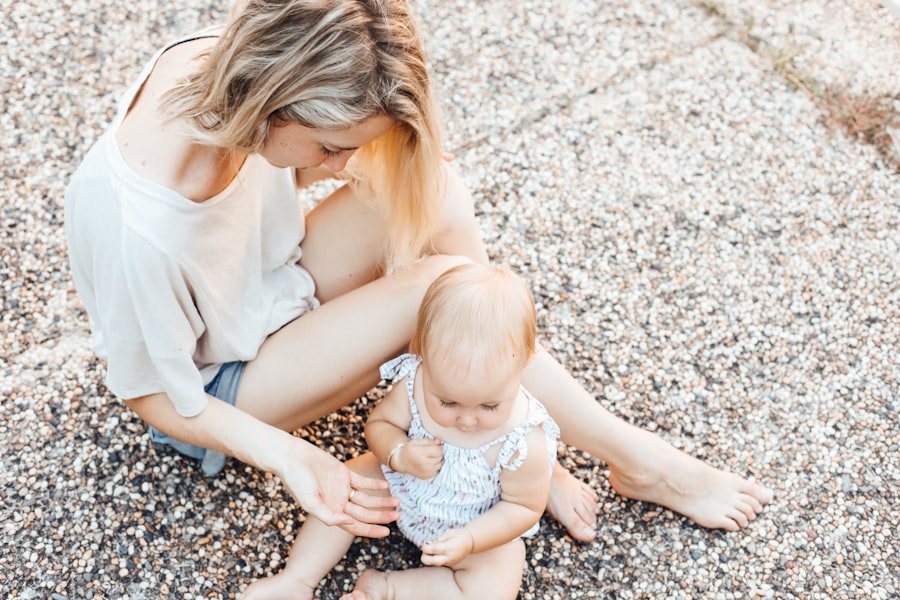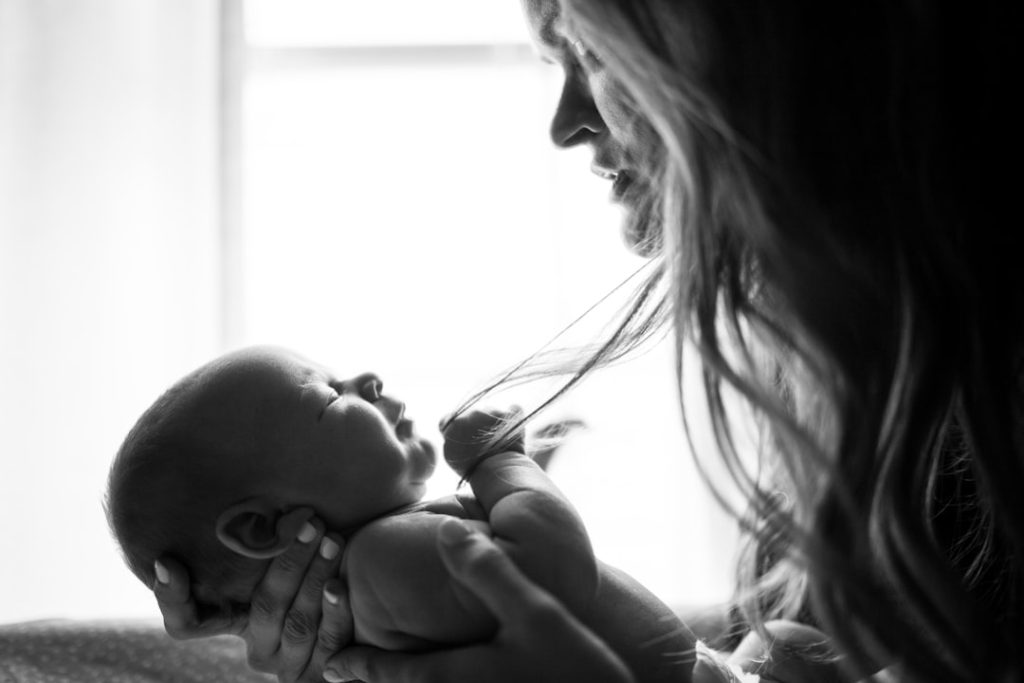Maintaining cleanliness for baby chickens is essential for their health and well-being. A clean environment helps prevent disease spread and promotes a healthy living space. Baby chickens are particularly susceptible to infections and illnesses, making cleanliness crucial.
Dirty conditions can foster harmful bacteria, parasites, and pathogens that may compromise chick health. Cleanliness is vital for proper growth and development in baby chickens. It ensures access to clean water, food, and bedding, which are fundamental for their growth and overall health.
A clean environment also reduces stress and promotes a sense of well-being, contributing to the chicks’ health and productivity. Keeping baby chickens clean helps prevent disease spread within the flock. Conditions such as coccidiosis, Marek’s disease, and infectious bronchitis can rapidly proliferate in unsanitary environments.
Maintaining a clean living space significantly reduces the risk of disease transmission. Additionally, cleanliness in the brooder or coop minimizes the presence of harmful pests and parasites. In summary, maintaining cleanliness for baby chickens is crucial for promoting their health, preventing disease spread, and ensuring their overall well-being.
Table of Contents
- 1 Tips for maintaining a clean living environment for baby chickens
- 2 Proper hygiene practices for handling and caring for baby chickens
- 3 Common health issues related to poor cleanliness in baby chickens
- 4 Cleaning and sanitizing baby chicken equipment and supplies
- 5 Preventing and managing parasites in baby chickens
- 6 the benefits of a clean and healthy environment for baby chickens
- 7 FAQs
Key Takeaways
- Keeping baby chickens clean is important for their overall health and well-being
- Maintain a clean living environment for baby chickens by regularly cleaning their bedding and living space
- Proper hygiene practices for handling and caring for baby chickens include washing hands before and after handling them
- Poor cleanliness in baby chickens can lead to common health issues such as respiratory infections and parasites
- Clean and sanitize baby chicken equipment and supplies regularly to prevent the spread of disease
- Prevent and manage parasites in baby chickens by keeping their living environment clean and using appropriate treatments
- A clean and healthy environment for baby chickens leads to better growth, development, and overall well-being
Tips for maintaining a clean living environment for baby chickens
Regular Cleaning and Bedding Replacement
Regular cleaning and changing of the bedding in the brooder or coop is crucial for maintaining a clean living environment for baby chickens. Bedding materials like pine shavings or straw should be replaced frequently to prevent the buildup of waste and moisture, which can lead to bacterial growth and unpleasant odors.
Preventing Health Issues
Keeping the bedding dry and clean helps prevent the development of conditions like bumblefoot, a painful infection that affects the feet of chickens. Regularly cleaning and replacing the bedding also maintains a comfortable and hygienic environment for the chicks.
Keeping Water and Feed Clean
Ensuring that the water and feed are kept clean and free from contaminants is another vital tip for maintaining a clean living environment for baby chickens. Waterers and feeders should be cleaned regularly to prevent the growth of bacteria and mold, which can be harmful to the chicks.
Promoting Proper Growth and Development
Providing fresh water and food to the chicks daily ensures they have access to clean and nutritious resources. Keeping the water and feed clean promotes proper growth and development in the chicks and reduces the risk of disease transmission within the flock.
Proper hygiene practices for handling and caring for baby chickens

Proper hygiene practices are essential for handling and caring for baby chickens. When handling the chicks, it is crucial to wash your hands before and after touching them to prevent the spread of bacteria and pathogens. Clean hands help to reduce the risk of transmitting diseases to the chicks and minimize the potential for contamination within the flock.
Additionally, it is important to wear clean clothing when handling baby chickens to prevent the transfer of dirt, bacteria, or other contaminants to the chicks. Furthermore, maintaining proper hygiene practices in the brooder or coop is essential for caring for baby chickens. Regularly cleaning and sanitizing the living environment helps to prevent the buildup of waste, bacteria, and parasites that can harm the chicks.
It is important to remove any soiled bedding, droppings, or uneaten food from the brooder or coop regularly to maintain a clean and hygienic environment for the chicks. Additionally, ensuring that the living space is well-ventilated helps to reduce moisture buildup and prevents the growth of harmful bacteria and mold.
Poor cleanliness in baby chickens can lead to a variety of health issues that can compromise their well-being. One common health issue related to poor cleanliness is the development of bacterial infections. Dirty living conditions can lead to the growth of harmful bacteria such as E.
coli or Salmonella, which can cause illnesses in baby chickens. Bacterial infections can lead to symptoms such as diarrhea, lethargy, and decreased appetite in the chicks, and if left untreated, they can be fatal. Another common health issue related to poor cleanliness in baby chickens is the development of respiratory illnesses.
Dust, mold, and ammonia buildup in the brooder or coop can lead to respiratory issues in the chicks. Poor ventilation and high levels of ammonia from accumulated droppings can irritate the respiratory system of the chicks, leading to symptoms such as coughing, sneezing, and difficulty breathing. Respiratory illnesses can significantly impact the health and growth of baby chickens if not addressed promptly.
Cleaning and sanitizing baby chicken equipment and supplies
Cleaning and sanitizing baby chicken equipment and supplies are essential for maintaining a healthy living environment for the chicks. Waterers, feeders, brooders, and other equipment should be cleaned regularly to prevent the growth of bacteria and mold that can harm the chicks. It is important to use a mild detergent or disinfectant to clean equipment thoroughly, followed by rinsing with clean water to remove any residue.
Additionally, allowing equipment to dry completely before using it again helps to prevent bacterial growth. Sanitizing baby chicken supplies such as feeders and waterers is crucial for preventing disease transmission within the flock. Using a diluted bleach solution or a commercial poultry disinfectant can help to kill harmful bacteria and pathogens on equipment surfaces.
It is important to follow manufacturer instructions when using disinfectants to ensure that they are used safely and effectively. Regularly cleaning and sanitizing baby chicken equipment and supplies helps to maintain a healthy living environment for the chicks and reduces the risk of disease transmission within the flock.
Preventing and managing parasites in baby chickens

Identifying Parasite Infestations
Regularly inspecting the chicks for signs of parasites, including feather loss, irritation, or lethargy, can help identify infestations early on.
Maintaining a Clean Environment
Keeping the living environment clean and free from debris helps reduce the presence of parasites that can harm the chicks. Using natural or commercial parasite control products can help prevent and manage infestations in baby chickens.
Treatment and Prevention
Dusting powders or sprays specifically designed for poultry can be used to treat mites and lice on the chicks and in their living environment. Additionally, providing regular deworming treatments can help prevent internal parasite infestations in baby chickens. It is essential to follow manufacturer instructions when using parasite control products to ensure they are used safely and effectively.
the benefits of a clean and healthy environment for baby chickens
In conclusion, maintaining a clean and healthy environment for baby chickens is essential for promoting their overall health and well-being. Cleanliness plays a significant role in preventing disease transmission within the flock, promoting proper growth and development in the chicks, and reducing stress levels. By following proper hygiene practices, regularly cleaning equipment and supplies, and preventing parasite infestations, baby chickens can thrive in a clean living environment.
Ultimately, ensuring that baby chickens are kept clean helps to promote their health, prevent diseases, and ensure their overall well-being.
If you’re interested in keeping baby chickens clean, you may also want to consider converting a shed into a chicken coop. This article from Poultry Wizard provides helpful tips and guidance on how to repurpose a shed to create a comfortable and clean living space for your chickens. Check it out here.
FAQs
What are some tips for keeping baby chickens clean?
Some tips for keeping baby chickens clean include providing a clean and dry living environment, regularly changing their bedding, and ensuring they have access to clean water for bathing.
Why is it important to keep baby chickens clean?
Keeping baby chickens clean is important for their overall health and well-being. Cleanliness helps prevent the spread of diseases and infections, and also ensures that the chickens are comfortable and happy.
How often should I clean the baby chickens’ living area?
The baby chickens’ living area should be cleaned regularly, with bedding changed at least once a week. If the bedding becomes soiled before then, it should be changed immediately.
What should I use for bedding in the baby chickens’ living area?
Common bedding options for baby chickens include straw, wood shavings, or shredded paper. It’s important to use a material that is absorbent and easy to clean.
Can baby chickens bathe in water?
Yes, baby chickens can bathe in water. Providing them with a shallow dish of water for bathing can help keep them clean and prevent the buildup of dirt and debris on their feathers.
Meet Walter, the feathered-friend fanatic of Florida! Nestled in the sunshine state, Walter struts through life with his feathered companions, clucking his way to happiness. With a coop that’s fancier than a five-star hotel, he’s the Don Juan of the chicken world. When he’s not teaching his hens to do the cha-cha, you’ll find him in a heated debate with his prized rooster, Sir Clucks-a-Lot. Walter’s poultry passion is no yolk; he’s the sunny-side-up guy you never knew you needed in your flock of friends!







